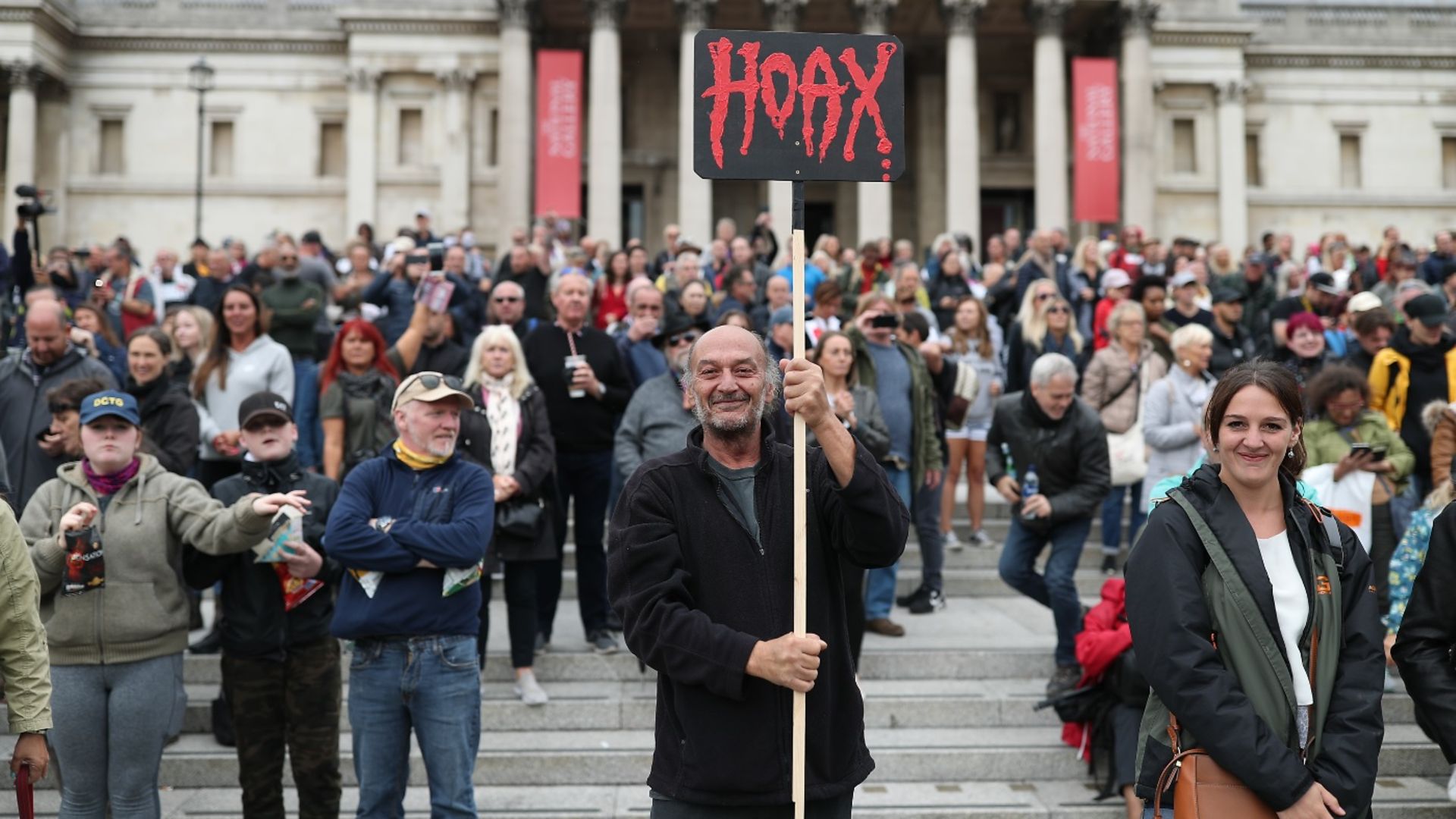
As the UK prepares for a possible second wave of the coronavirus pandemic it appears once again divided. The unity seen during the first lockdown has been lost, explains TIMOTHY OLIVER.
The arrival of the coronavirus pandemic transformed the UK political scene in the blink of an eye. At the start of 2020, the national political discourse had been swerving between being dominated by Brexit, the Labour leadership election and the sudden resignation of Chancellor Sajid Javid. In an instant, this was all overturned and replaced with a sole focus on battling the virus and the disease it causes: COVID-19. Tens of thousands of lives have been lost, whole sectors of the economy frozen or crushed, entire institutions reworked to defeat it.
Any event of this scale and tragedy is going to both draw deeply on a country’s identity and reshape it in some way. Britain’s identity was already deeply fractured by the EU referendum of 2016 and it would not have been unreasonable to imagine that this divide would make its presence felt in this crisis. Given the difficulties of the years since the referendum, in which expertise was challenged at every turn, we may well have expected a large section of the UK public to distrust the initial health message of the government in March of this year.
Yet this is not what happened. Instead, people rallied together. Over 750,000 volunteered to help relieve pressure on the NHS, people volunteered to join the UK’s huge RECOVERY programme at a rate faster than any other clinical trial in history and millions came from their homes every Thursday for nine weeks to applaud key workers. These events were not unique to Britain – but the way they were related to was. The NHS became perhaps even more central to many people’s notions of Britain than it was before. The BBC also saw record TV, radio and online audiences. These two institutions formed central parts of the national response, with people orientating their reasoning for helping around them – especially the NHS.
This matters because the government was successfully able to appeal not just on the basis of an amorphous healthcare system, but on behalf of an institution with a clear and important role to play in people’s identities. It was not the reason people wanted to help; instead, it was what people wanted to help. This was reinforced by the solemn fact that the virus killed and injured without reference to politics or other signifiers that had been driving division. People saw trusted institutions that resonated with their notions of self-leading and rallied to them.
What happened to ‘all in this together’?
However, that was the first phase. The sense of unity has since weakened considerably – and the government’s approval has drifted consistently lower all summer. While this shift pre-dates the most prominent story concerning the universality of the rules – the Dominic Cummings affair – we know that this particular scandal reinforced and strengthened that shifting attitude significantly. Once people saw that top officials were breaking their own rules, the game was up. Suddenly, people weren’t being asked to cleave to a trusted institution any more – they felt they were being taken for a ride by a government more interested in itself than in their wellbeing.
The Cummings story is not necessarily the reason these feelings existed, but it served very clearly as an episode that crystallised existing worries or played into doubts – a shorthand for why people felt distrust of the government.
Now there is divergence again. On the one hand, people still identify strongly with the institutions that led the response to the first wave – and will again in the second. They saw how well people came together, and they value that greater sense of community. It resonated well with them, and informed their self-view – it was possible to bring people together, and for them to all act in a common cause. On the other hand, they see a government that considers itself above the rules. Further policy bungling over the summer – such as on A-levels and COVID testing – will have reinforced that scepticism.
The result of this is a public who feel a desire to trust politicians again, to keep the increased community spirit of early lockdown, and to overcome the pandemic to restore normality – but who also feel that the government isn’t in a position to effectively help them do it. And this is before the expected wave of high unemployment, whole economic sectors closing down for perhaps years to come, and the full impact of the winter on the NHS.
The government’s failure to capitalise on the activated parts of people’s identities – the institutions they cleaved to, the desires they express – has already cost it dear. It is not unreasonable to be deeply concerned about the cost for all of us in the months ahead.









